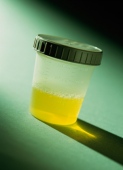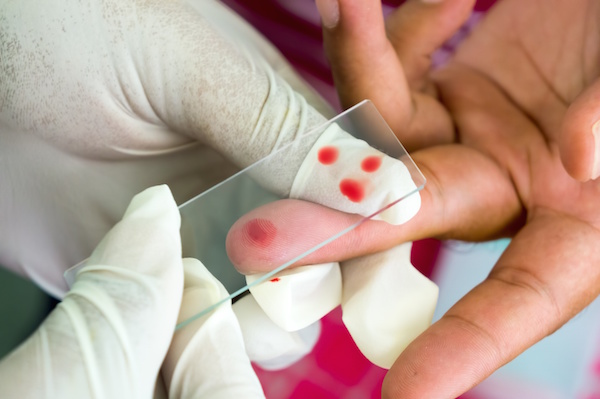
MONDAY, May 19, 2014 (HealthDay News) — Many people have heard that human urine is devoid of germs, but a new study seems to question that idea.
“Doctors have been trained to believe that urine is germ-free,” Dr. Linda Brubaker, dean of Loyola University Chicago Stritch School of Medicine, said in a university news release. “These findings challenge this notion.”
Brubaker’s team analyzed urine samples from 90 women. It found bacteria both in the urine of healthy women as well as the urine of women with overactive bladder. However, the germs were different between the two groups, the researchers said.
“The presence of certain bacteria in women with overactive bladder may contribute to overactive bladder symptoms,” lead investigator Evann Hilt, a second-year master’s student, theorized in the news release. But only more study can confirm whether those bacterial differences are “clinically relevant for the millions of women with overactive bladder,” Hilt added.
About 15 percent of women have overactive bladder, which triggers a sudden need to urinate. Forty percent to 50 percent of these women do not respond to medication. Brubaker’s team believes differences in bladder bacteria may be why some women respond to drug therapy while others don’t.
The study was presented Sunday in Boston at the annual meeting of the American Society for Microbiology. Findings presented at medical meetings are typically considered preliminary until published in a peer-reviewed journal.
“If we can determine that certain bacteria cause overactive bladder symptoms, we may be able to better identify those at risk for this condition and more effectively treat them,” co-investigator Alan Wolfe, professor of microbiology and immunology, said in the news release.
The next steps for the Loyola team will be to determine which bladder bacteria are helpful and which are harmful, how these bacteria interact with each other and their host, and how this new knowledge can help patients.
More information
The U.S. National Library of Medicine has more about overactive bladder.
Copyright © 2026 HealthDay. All rights reserved.

